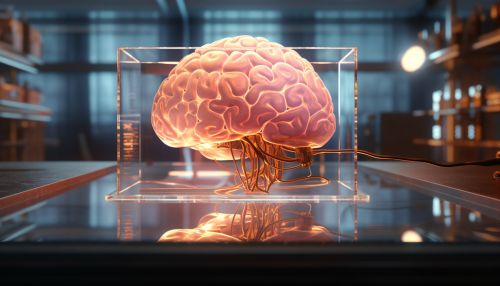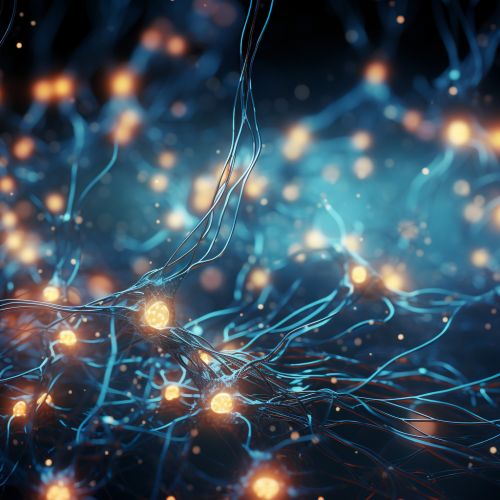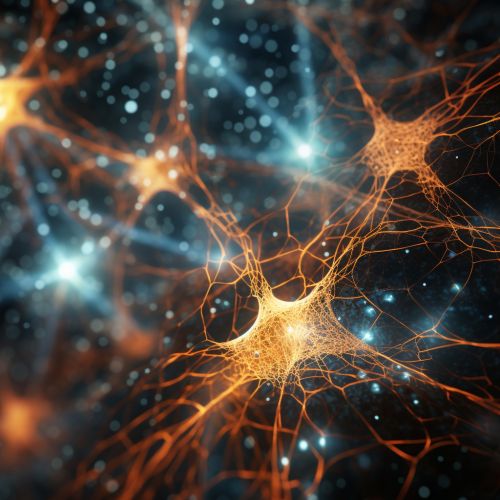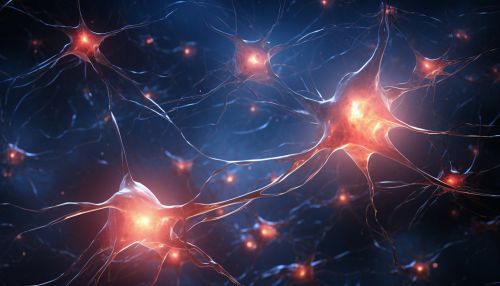The Science of Human Neurodevelopment
Overview
Human neurodevelopment is a complex and intricate process that involves the growth and maturation of the brain and nervous system. This process begins in the womb and continues into adulthood, shaping our abilities to think, learn, remember, and interact with the world around us.


The Stages of Neurodevelopment
Neurodevelopment can be divided into several distinct stages: neurogenesis, cell migration, differentiation, synaptogenesis, and apoptosis. Each of these stages plays a crucial role in the formation and functioning of the brain and nervous system.
Neurogenesis
Neurogenesis is the process by which neurons, or nerve cells, are generated in the brain. This process begins in the early stages of embryonic development and continues into adulthood, although at a much slower rate.


Cell Migration
After neurons are generated, they must migrate to their correct locations in the brain. This process, known as cell migration, is guided by a variety of signals and mechanisms.
Differentiation
Once neurons have reached their final destinations, they begin to differentiate, or specialize, based on their location and function. This process is known as differentiation.
Synaptogenesis
Synaptogenesis is the process by which neurons form connections with each other, creating a network of communication within the brain. This process is crucial for all brain functions, including learning and memory.


Apoptosis
Finally, apoptosis, or programmed cell death, occurs. This process is essential for the proper development of the brain, as it eliminates excess neurons and strengthens the connections between remaining neurons.
Factors Influencing Neurodevelopment
A variety of factors can influence the process of neurodevelopment, including genetics, environment, and experience.
Genetics
Genetics plays a significant role in neurodevelopment. Genes provide the blueprint for the development and function of the brain and nervous system.
Environment
The environment in which a person grows up can also have a significant impact on neurodevelopment. Factors such as nutrition, exposure to toxins, and access to stimulating experiences can all influence the development of the brain and nervous system.
Experience
Finally, experiences, particularly those in early childhood, can have a profound impact on neurodevelopment. Experiences can shape the brain's structure and function, influencing abilities such as learning, memory, and emotion regulation.


Neurodevelopmental Disorders
Neurodevelopmental disorders are a group of conditions that arise from disruptions in the normal process of neurodevelopment. These disorders, which include conditions such as autism spectrum disorder, attention deficit hyperactivity disorder, and dyslexia, can have a significant impact on a person's cognitive, social, and emotional functioning.
Conclusion
Understanding the science of human neurodevelopment is crucial for understanding how we become who we are. It provides insights into the processes that shape our brains and nervous systems, and how these processes can be influenced by a variety of factors. Furthermore, it provides a foundation for understanding and treating neurodevelopmental disorders.
